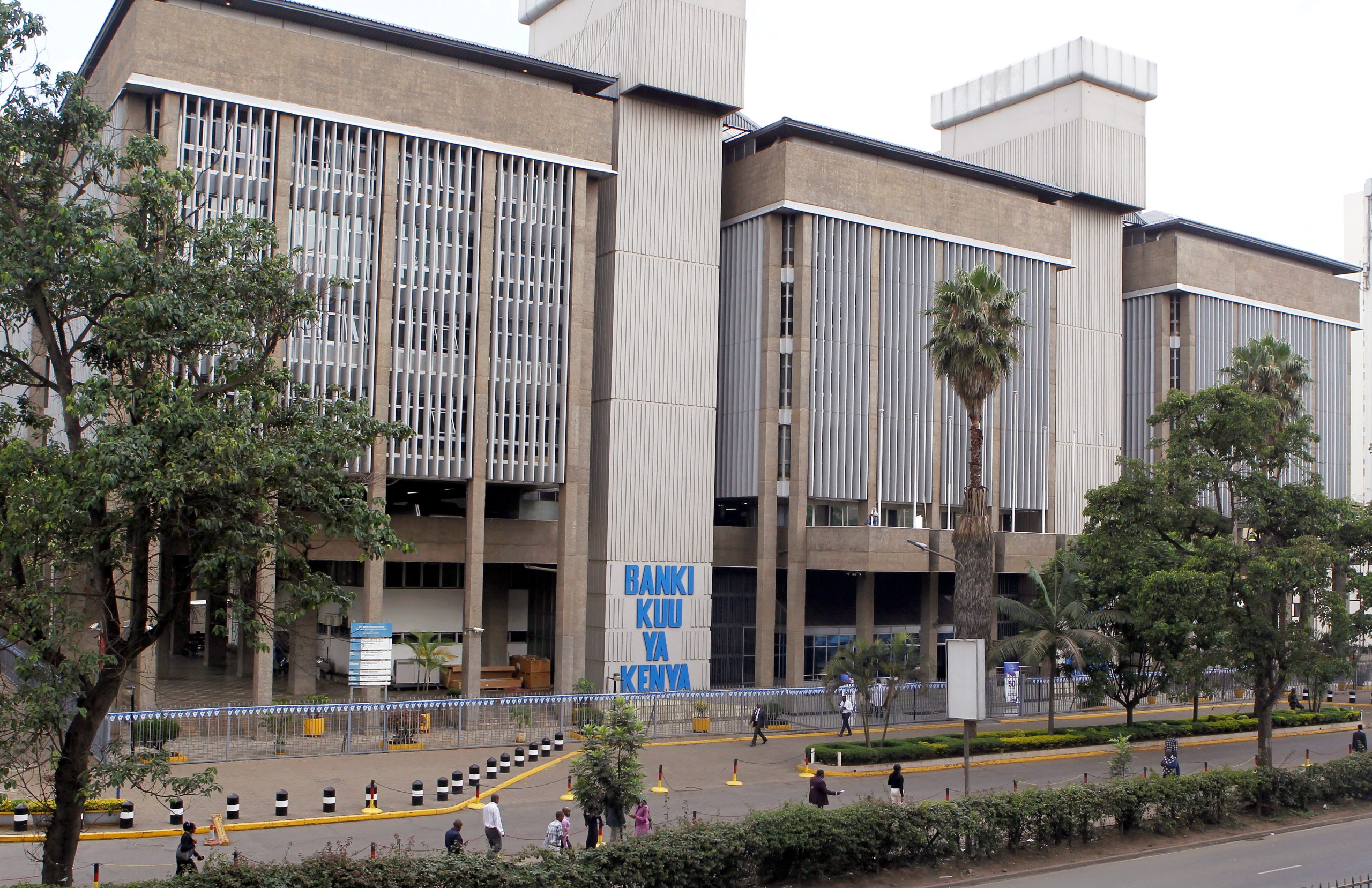The Central Bank of Kenya (CBK) has warned commercial banks against failing to lower interest rates in line with monetary policy adjustments under the Risk-Based Credit Pricing Model (RBCPM).
Appearing before the National Assembly Finance Committee, CBK Governor Kamau Thugge said the regulator has launched onsite inspections to ensure compliance after reducing the lending rate to 10.75 percent to spur business growth.
Banks found to be maintaining excessive lending rates despite lower costs of funds will face severe penalties, including fines amounting to three times their unjust gains.
“We are conducting onsite inspections to determine if the cost of funds for banks has gone down. If it has, then we expect lending rates to follow suit,” Thugge stated.
“If banks are found to be profiting unfairly by not adjusting rates downward, they will face penalties equal to three times their unjust gains, as provided under the Business Laws (Amendment) Act.”
Thugge noted that while banks quickly raise lending rates when the Central Bank Rate (CBR) increases, they are slow to reduce them when monetary policy is eased.
The CBK Governor also highlighted the government’s rising domestic borrowing as a key factor affecting lending rates, arguing that it is crowding out private sector access to credit.
“When we started this financial year, before the Finance Bill was withdrawn, the projected net domestic borrowing was slightly below KSh 400 billion. That figure later increased to KSh 430 billion, and with the second supplementary budget, it has now risen to KSh 584 billion,” he said.
He explained that commercial banks prefer lending to the government—considered a risk-free borrower—rather than private businesses that already struggle with high levels of non-performing loans.
“If banks have a choice between lending to the government, which does not default, and lending to the private sector, which has elevated non-performing loans, it’s an easy decision for them,” Thugge said.
He also attributed the slow decline in lending rates to increased competition for deposits, as banks struggle to attract funds amid a favorable investment climate for government securities.
The introduction of the Central Securities Depository (CSD) has made it easier for Kenyans to invest in Treasury bills and bonds, reducing banks’ access to cheap deposits and affecting lending rates.









